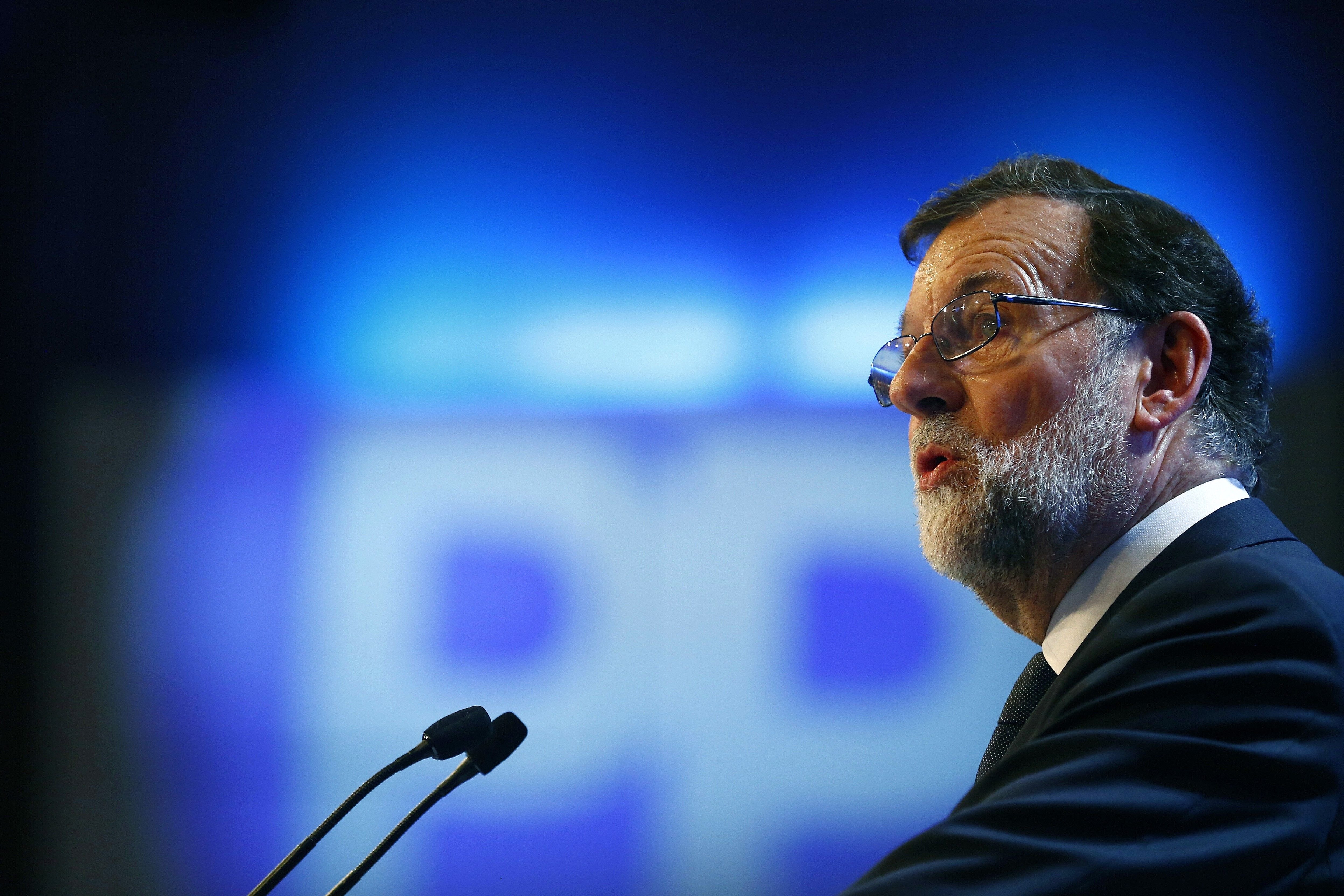Former Spanish prime minister, Mariano Rajoy, has bid farewell to the PP as leader during the first day of the party's 19th conference this Friday. He gave an exhaustive review of the application of article 155 of the Constitution to Catalonia, and also gave some pointers as to what he believes the future of the independence movement holds. In his last speech as leader of the PP, Rajoy went as far as listing the way he prevented Catalan independence as part of his government's legacy, likewise, the fact his mandate followed the 2008 financial crisis.
"Catalonia didn't become independent and not because they didn't try. We didn't need wild gesticulations; we had enough with the law and applied [article] 155, which some said couldn't be applied and now it seems like they invented it themselves", he said, a reference mainly to Ciudadanos, but also to PSOE. "We can say with legitimate pride that Spain is much better than when we arrived in government, incomparably better," he added.
Rajoy celebrated that, during his mandate, it was shown that the intervention in Catalan autonomy and the firing on an entire government was possible, and that the use of article 155 sets a precedent. Despite this, the politician from Galicia insisted that "national sovereignty" wasn't at stake in Catalonia, in his opinion that's impossible to break, but "the liberty of those Catalans who are not in favour of independence" and those who don't want to "submit".
He was speaking to a gathering of more than 3000 PP delegates who this weekend will decide whether Soraya Sáenz de Santamaría or Pablo Casado will follow him as their leader.
"Loyal" to his successor
Rajoy has carefully avoided siding with any of the candidates to succeed him as party leader. In private however, according to El Mundo, he unsuccessfully asked former defence minister Dolores de Cospedal to join former deputy PM Santamaría. He also allegedly tried to avoid a dinner with Casado and a number of former ministers opposed to his former second-in-command in Madrid this Thursday. He has also made no calls for unity, which could have been interpreted as support for Santamaría, who has tried to get Casado's support since she won the first round of voting.
That said, he's said he will be "loyal" to the future leader. "I'm standing aside, but I'm not leaving," he said today. This could also be interpreted as an attempt to distance himself from former prime minister José María Aznar, who in recent years has been tough on his heir when it comes to management of the various corruption scandals in Spain, the independence issue and tax increases. Aznar complained this week he hadn't been invited to the conclave, but the chair of the conference's organising committee, Luis de Grandes, reminded him that he'd renounced the honourary presidency of the party.
Rajoy, on a day which saw him get emotional a number of times, had especially moving words for his wife, Viri, who was in the audience, for her support over the years. He discussed his career over those years, starting by hanging posters up in the streets. He also celebrated that it wasn't party members, nor the voting public, which eventually removed him from office, but Pedro Sánchez (PSOE) with a vote of no-confidence in the Congress. He had words for the newcomers, alluding to Ciudadanos, lamenting they have no "past", saying that's why they have dedicated themselves in recent months to criticising PP's actions.
Llegamos al #19CongresoPP. Emoción y honor, un cruce de sentimientos; un momento que recordaré siempre. pic.twitter.com/AhVkCn54Pg
— Mariano Rajoy Brey (@marianorajoy) 20 de julio de 2018

